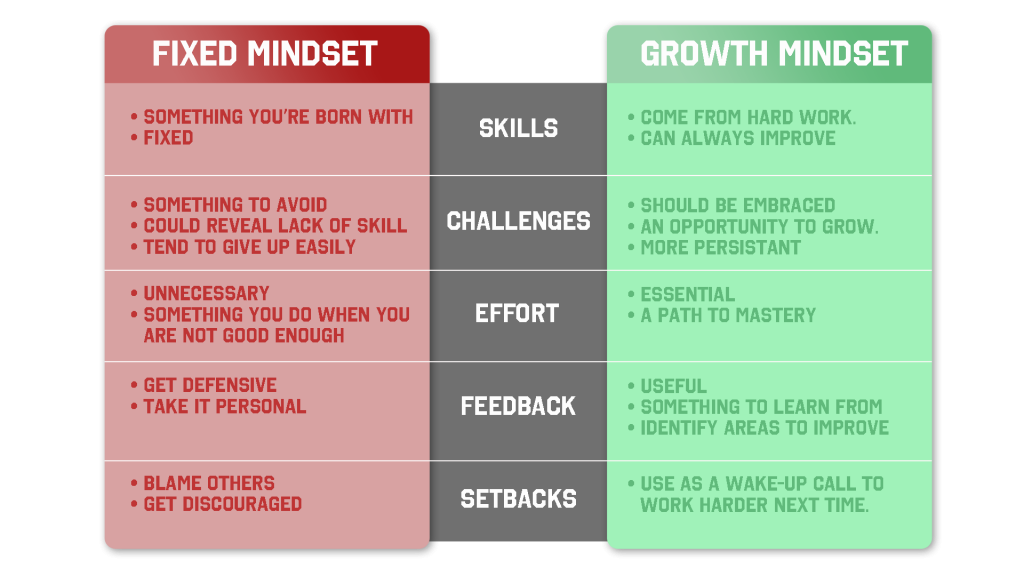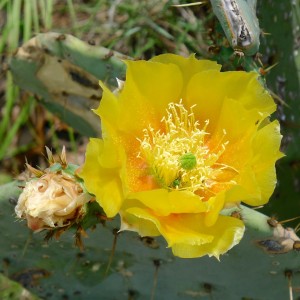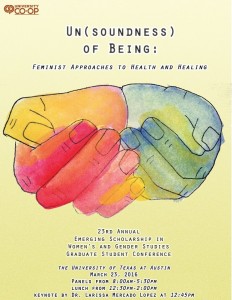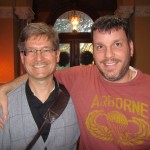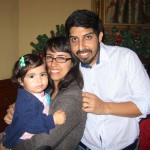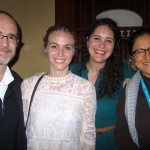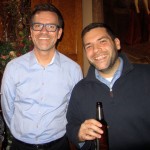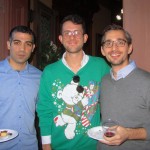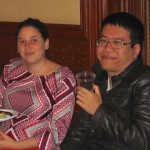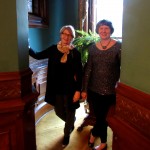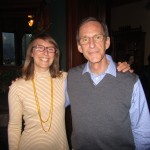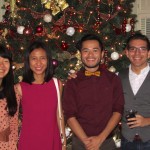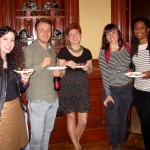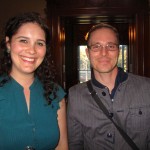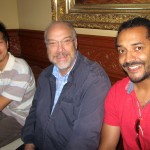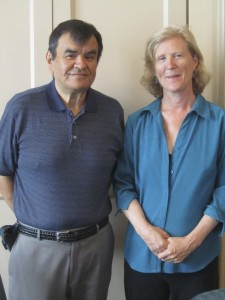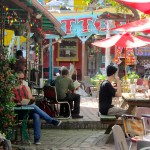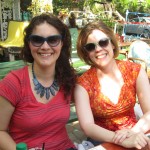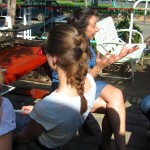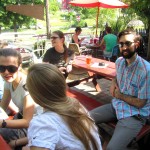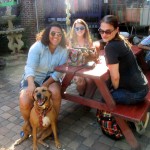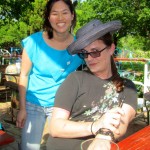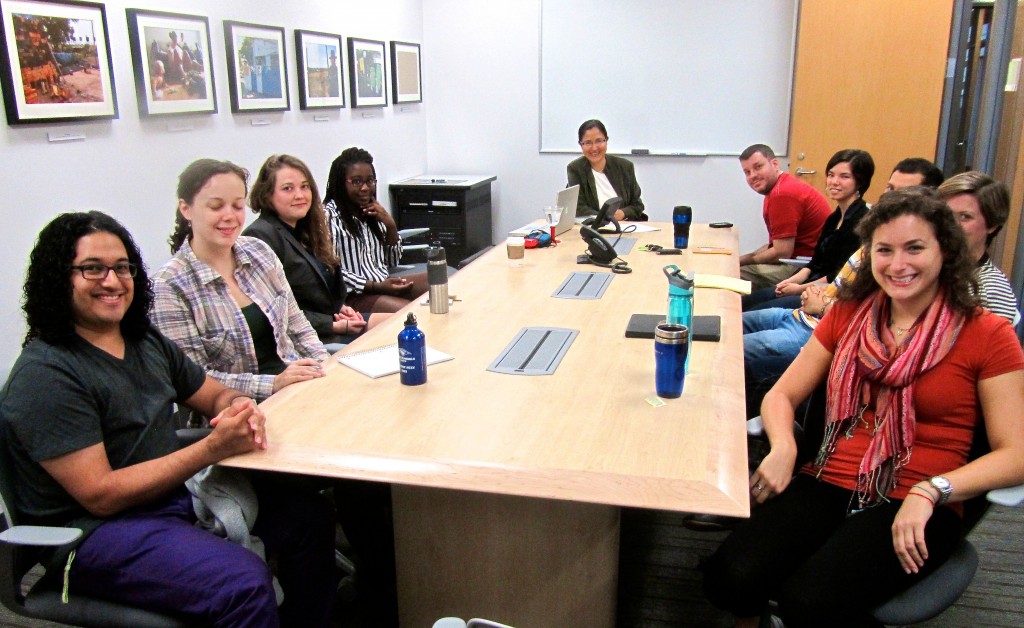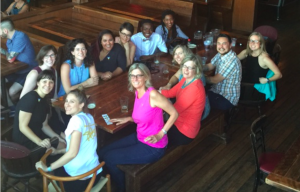
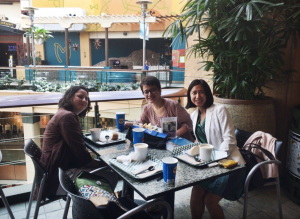
Now that we’ve had time to come down from the hustle and bustle of a busy ASA in Seattle, WA, UTAustinSOC checked in with some graduate students on advice they have for first-timers to make the most of any conferences they attend, especially during their first time at ASA:
I will say know your personality. Recognize that ASA can be a lot all at once and build in breaks if you need it. Don’t be overwhelmed by the fear of missing out and be strategic about the sessions you attend while also remaining open to pop into a session that does not immediately seem relevant. Remember to take walks if you can and try to spend a few hours each day away from the hustle and bustle of it all. Check out the city the conference is in. You did not hustle your way there to only look at the four walls of the convention center.
—
Attend both the graduate student receptions and the section receptions. These tend to be a much more laid back way to meet people (Twitter is also great for this, by the way). New graduate student friends can be a great way to meet faculty at other institutions – somebody is probably advised by the person you’re dying to meet and your new friend(s) can make that introduction less awkward. This is a good way to land invitations to co-organize panels at future ASAs or other conferences (such as SWS), and just generally get the word out about you and your work/interests. Also, take time to go eat some good food at a local spot. Make sure to enjoy yourself!
—
So far, my approach to the overwhelming experience of ASA is to step out of my comfort zone a bit more every year that I attend ASA. Although networking with students and faculty from other universities is of vital importance, it’s also one of the most intimidating aspects of any conference (in my opinion). A good first step is to join a few sections and attend their receptions and/or business meetings. More good advice about conferencing can be found in this blog post from The Professor Is In.
—
I think for your first time, the best thing that you could do is observe talks in your interest area and see what people are currently working on. Network within those talks. That’s the best way to maximize your involvement in your first year, unless you’re also presenting a paper. The content of those presentations is new and unpublished, so it’s a good way to see what’s going on in your area. The big events can be intimidating if you don’t have a presence or a reputation already in the field. The smaller talks are less intimidating and more relevant to what you’re doing anyway.
—
Go to the panels from your favorite authors and sociologists, whose papers you’ve read and really liked. Meet graduate students who are working in the same area you’re working in and talk to them about ideas. Try to talk to one professor you really like to discuss your ideas and what you’re working on.
—
Before my first ASA, I was so worried I would feel paralyzed and intimidated by other scholars, but the opposite happened. Learning what other gender scholars are up to gave me inspiration and helped me think creatively about my own research. Don’t feel pressured to attend sessions. Go only to the ones you find interesting, even if they’re out of your wheelhouse. Also, make friends with graduate students outside of UT, especially those with similar research interests. You can get a real sense of validation and camaraderie from grad students who are in the same boat, and I learned a lot from chatting with them about my ideas. Section receptions and happy hours can be exhausting, but I also found them rejuvenating (and in some ways, energizing) after a tough first year.
—
ASA, especially your first couple times, can be quite overwhelming. I always suggest only going to two panels a day in order to be selective (and hopefully go to the best ones) and to not have a brain melt. Aside from panels, you should try to go to other receptions and caucus events in order to connect with other graduate students (who make ASA a blast) and to start building connections with faculty members involved in those sections. Going to a section business meeting is a great way to start integrating into a sub-discipline or two as well!
—
Look up what time the section event you want to be a part of is. The first year I went, I went the day that Sociology of Education was not meeting for anything, and I missed out on all of my networking opportunities. Also, get an Airbnb instead of a hotel room (it’s cheaper and you can get a fridge). A lot of sections host dinners. They can be expensive and may not have an option you want, but they’re also great socializing opportunities.
—
It wasn’t as intimidating as I was expecting it would be. We have a really good program here at UT, and you’ll be prepared if you’re presenting. So don’t be nervous! I also have advice based upon what I didn’t do and wish I would have done. I wish I would have downloaded the app sooner and looked through the schedule and organized the sessions that were of interest to me. I didn’t download the app until I had already gotten to the conference, and I didn’t realize until after the fact that I had missed out on some things that I really wished I would have attended.


